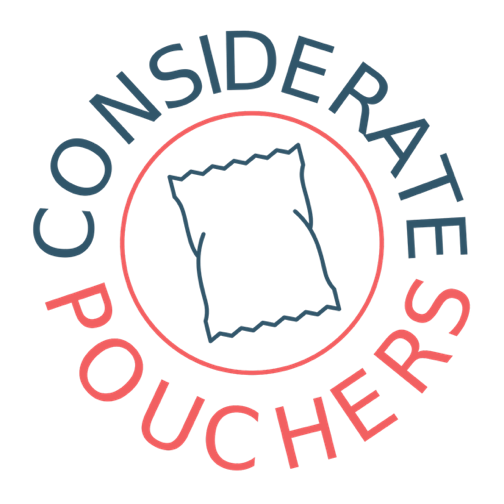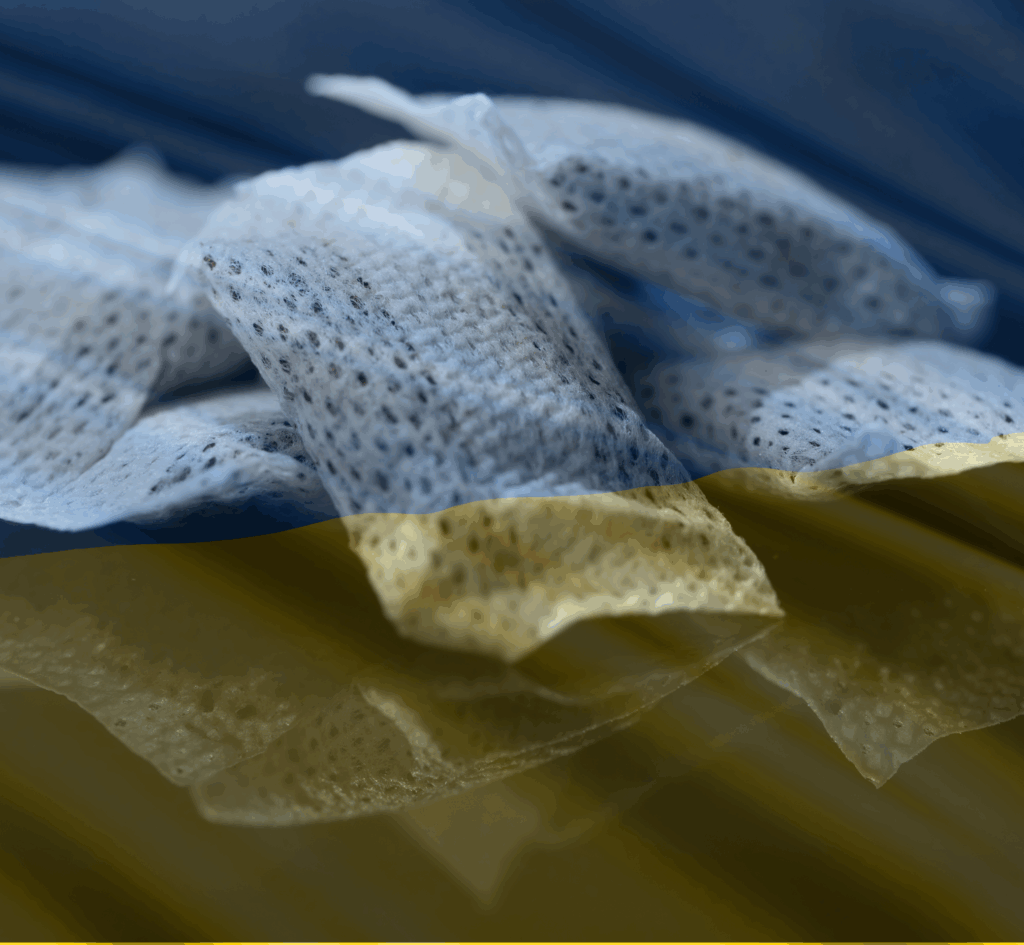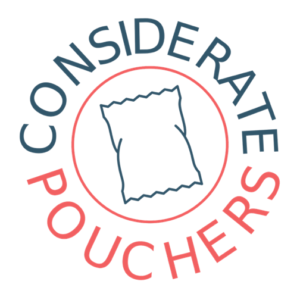Considerate Pouchers Shvetsiya Shvetsiya hukumatining Yevropa Komissiyasining tamaki va tamaki mahsulotlariga qoʻllaniladigan aksiz soligʻi stavkalari boʻyicha 2011/64/EU direktivasini qayta koʻrib chiqish taklifi boʻyicha Shvetsiya hukumati maslahatiga oʻz javobini rasmiy ravishda taqdim etdi (Maʼlumotnoma: Fi2025/01535).
Taklif Evropa Ittifoqi bo'ylab aktsiz solig'ini yangi toifadagi mahsulotlarga, jumladan, nikotin qoplari, isitiladigan tamaki, elektron suyuqliklar (nikotinli va nikotinsiz) va hatto nikotinsiz mahsulotlarga kengaytirishga intiladi. Komissiyaning belgilangan maqsadlari uyg'unlashtirish, aholi salomatligini muhofaza qilish va noqonuniy savdoga qarshi kurashish bo'lsa-da, biz ushbu chora-tadbirlar iste'molchilarga va Shvetsiyaning tasdiqlangan zararni kamaytirish modeliga nomutanosib ta'sir qilishidan chuqur xavotirdamiz.
Javobimizda biz ta'kidladik:
- Shvetsiyada oq snus va nikotin qoplari uchun 600% soliqni oshirish taklif qilingan, bu esa arzon narxlarni pasaytiradi va iste'molchilarni sigaretga qaytarish xavfini tug'diradi.
- Narkomaniya yoki sog'liq uchun xavf tug'dirmaydigan nikotinsiz mahsulotlarni soliqqa tortish uchun asos yo'qligi.
- Shvetsiya zararni kamaytirish bo'yicha dunyodagi etakchi muvaffaqiyat, bu erda chekish darajasi arzon va mavjud og'iz nikotin alternativlari tufayli 6% dan pastga tushdi.
- Haddan tashqari soliqqa tortish noqonuniy bozorlarni yoqib yuborishi va yana yonuvchan tamaki o'rnini bosish xavfi.
Nima uchun hamyonboplik muhim
Chekmaydigan mahsulotlarni arzon narxlarda saqlash nafaqat iqtisodiy masala. Shvetsiyada arzon nikotin qoplari chekish darajasini keskin kamaytirish, kasallik va o'limni kamaytirish va sog'liqni saqlash xarajatlarini tejashda muhim rol o'ynadi.
Shvetsiya moliya vaziri Elizabet Svantesson yaqinda shunday dedi:
"Hukumat har bir Yevropa Ittifoqi mamlakati tamaki va nikotinga nisbatan zararliligiga qarab soliq solishini istaydi. Va biz uchun soliq tushumlari Shvetsiyaga foyda keltirishi aniq... Yevropa Ittifoqi komissiyasi o'z taklifini taqdim etganda, men Shvetsiya snuslari uchun kurashni davom ettiraman."
Bu ikkita asosiy tamoyilni ta'kidlaydi:
- Riskga asoslangan soliqqa tortish Yevropa Ittifoqi siyosatini boshqarishi kerak
- Milliy soliq suvereniteti masalalari: Shvetsiya sog'liqni saqlash sohasidagi yutuqlari va moliyaviy ehtiyojlariga mos keladigan tarzda aktsiz qonunini belgilash qobiliyatini saqlab qolishi kerak.
Agar xavfsizroq alternativalar juda qimmatga tushsa, zaif iste'molchilar, ayniqsa kam daromadli guruhlar - yana zararli yonuvchi mahsulotlarga qaytishi mumkin. Bu sog'liqni saqlashda oldinga emas, orqaga qadam bo'lardi.
Biz siyosatchilarni Shvetsiyaning dalillarga asoslangan yondashuvini himoya qilishga va kattalar iste'molchilari uchun xavfsizroq alternativalardan foydalanish imkoniyatini ta'minlaydigan mutanosib, xavfga asoslangan soliqqa tortishga chaqirdik.
To'liq javobni yuklab oling Bu yerga



